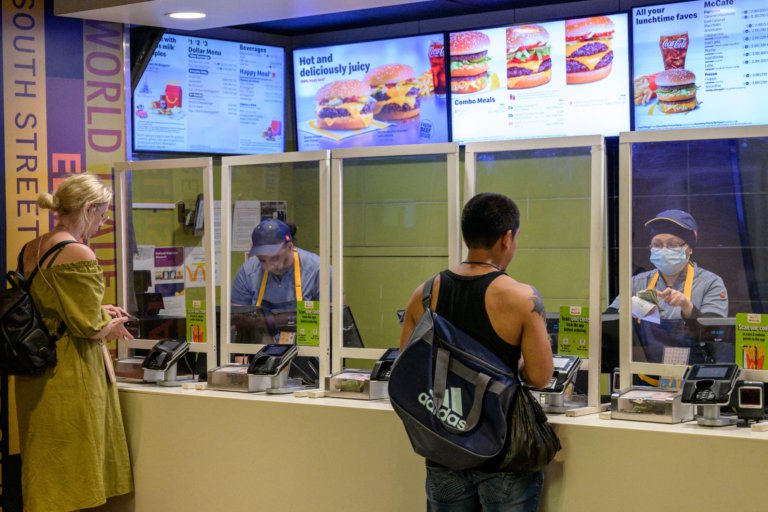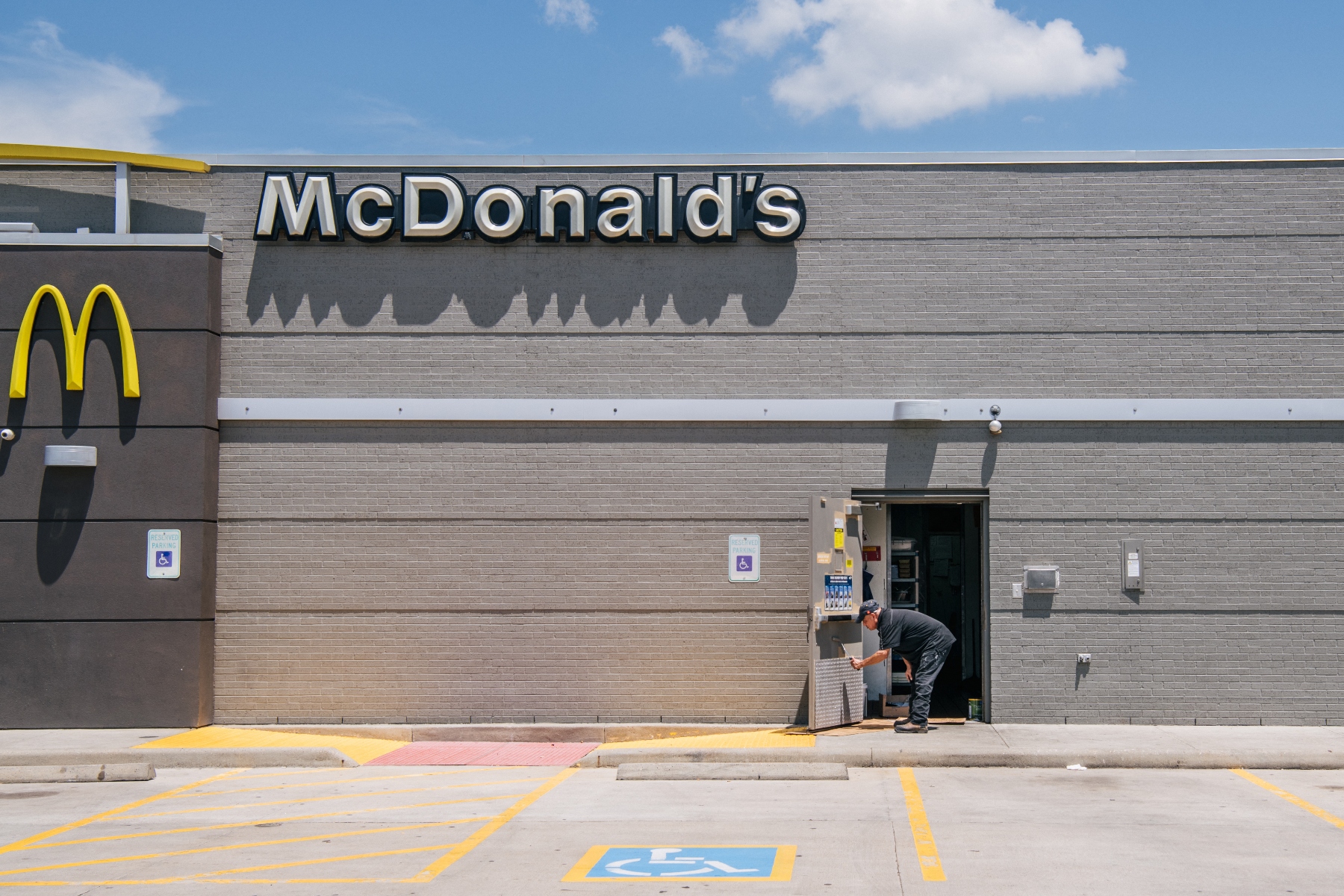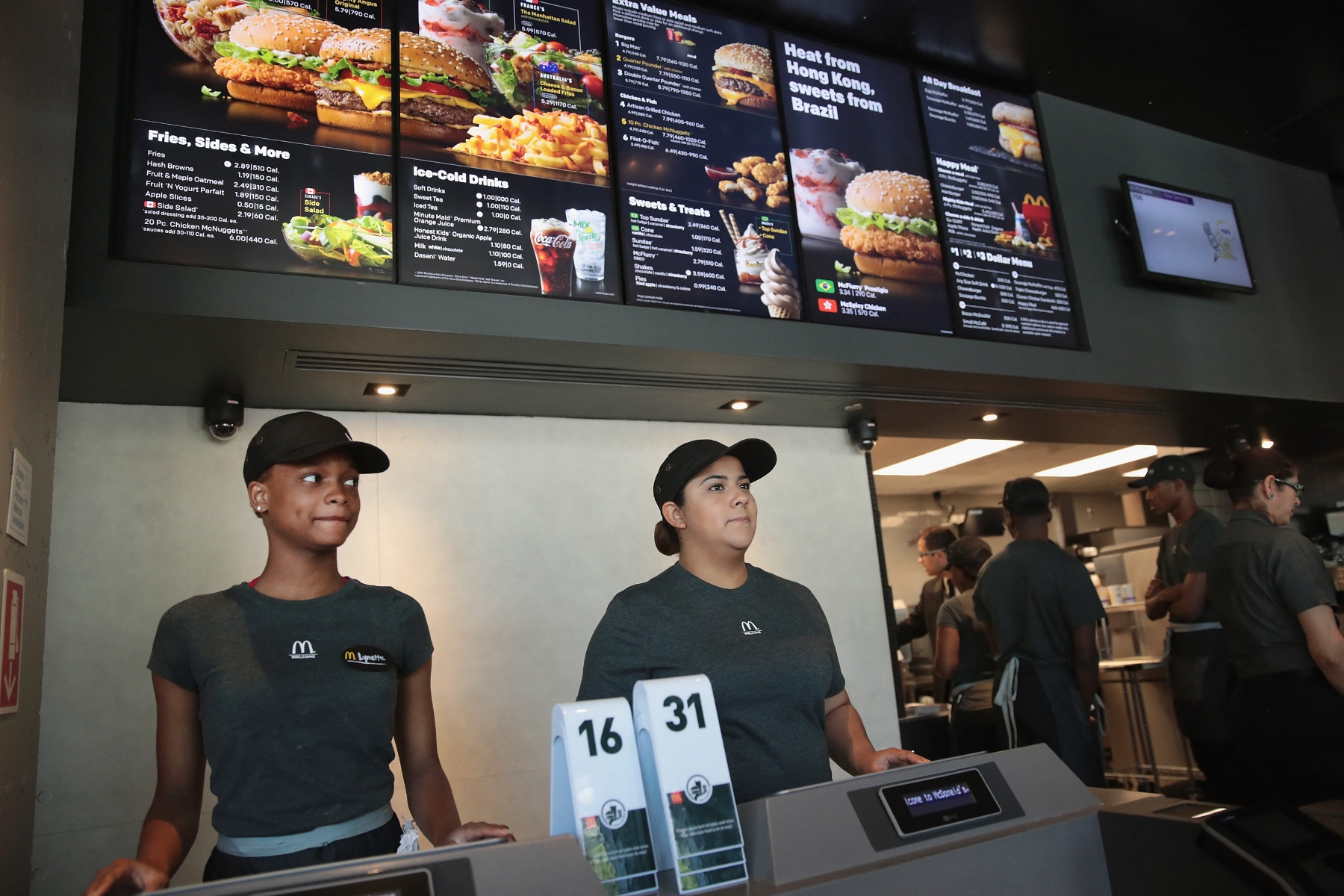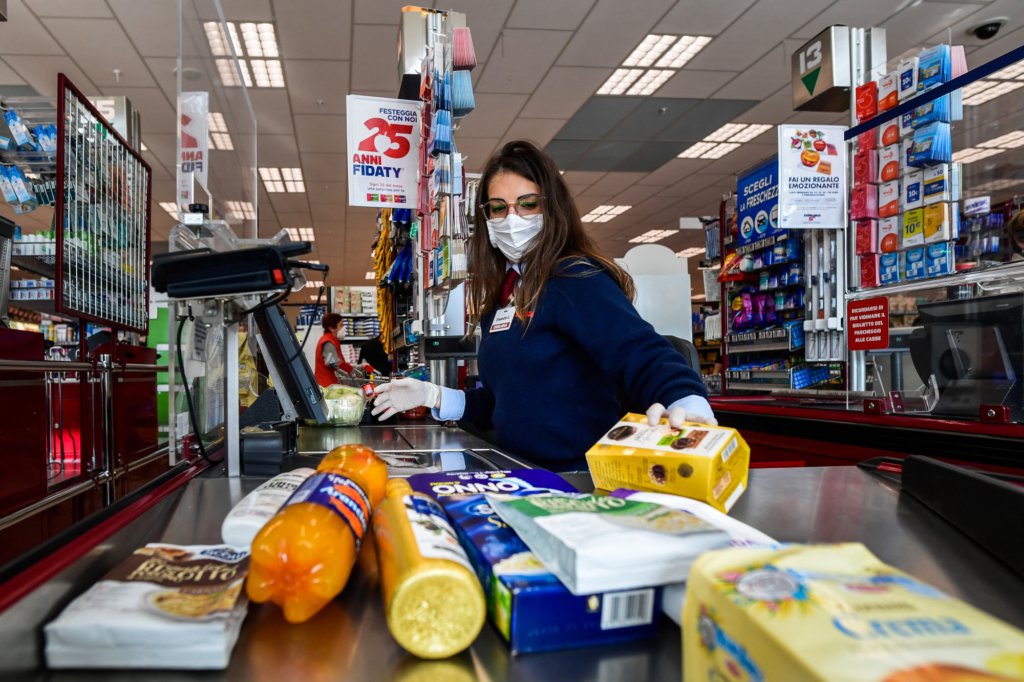
Working in a customer-facing role can be stressful as those in these positions are often under pressure to provide the best customer service experience to consumers. That’s one lesson a 26-year-old international student had to learn the hard way when she was insulted by a customer while working at a fast food outlet in Canada.
Taking to Reddit to express her frustrations, the student claimed in a post that she had moved to Canada four months ago to pursue a graduate credential in Human Resources Management and took up a part-time job at McDonald’s to make ends meet. It is widely acknowledged that working in the food and beverage industry can be stressful.
Dealing with rude customers in a fast-paced work environment for minimum wage can make it an undesirable option for many, but these roles are a common option for international students looking to support themselves while abroad.

Three in 10 international students who entered Canada in 2000 or later became a landed immigrant within 10 years, making them a source of labour supply according to the IRCC. Source: Brandon Bell/Getty Images North America/Getty Images via AFP
A bad attitude over iced coffee
User @catecate0228 claimed on a Reddit community called /offmychest that she was insulted by an “old” man after she had refused to give him a free iced coffee. The customer was reportedly a regular who wanted her to “promo it” under the guise that it’s “what everyone does”.
“I knew for sure he was supposed to pay for it. I told him to speak to the manager,” said the Reddit user in the post. The man told her not to worry about it as he would get somebody else to do it instead.
He reportedly pestered the manager for his free iced coffee but was told to order and pay for it. The man finally ordered and paid for his coffee, but not before telling her, “I don’t know how you got this job, seriously”.
The bad customer service experience left the student shocked, but she restrained herself from talking back.

Some Reddit users assumed the poster’s intention was to tell a story about a racist man rather than the terrible customer service experience. Source: Scott Olson/Getty Images North America/Getty Images via AFP
Learning to deal with tough encounters abroad
Going abroad and living in a new culture can be challenging and daunting for any international student, but challenging situations can serve as a useful learning experience for anyone.
The Reddit user said in her post, “It was as if he’s implying I’m not good enough for a fast food job just because I didn’t give him the free iced coffee. Thank God for my six years of customer service work experience because I knew for sure I wasn’t supposed to talk back.
“I tried to shake it off as quickly as I could and told myself HE DOES NOT KNOW ANYTHING ABOUT ME aside from the fact that I work at McDonalds.”
She claimed in her post that she has six years of HR work experience back home and had worked at reputable companies such as Amazon and Fujitsu.
She added, “I have a Bachelor’s degree in Psychology, did master’s degree in psychology and right before I finished, the pandemic started so I decided not to pursue.
“I moved to Canada all by myself and am now pursuing a graduate credential in Human Resources Management.. I REFUSE TO LET THAT WHITE MAN MAKE ME FEEL I’M NOT GOOD ENOUGH BECAUSE I AM.”
The post gained traction since it was posted on Reddit four days ago. Some responded to her post to share their own horrible customer service experiences while others claimed that she was making it out to be a racist encounter when it was merely a bad experience with a rude customer.

Working in a customer-facing role can be stressful, but workers in these positions are often under pressure to provide the best customer service experience regardless. Source: Miguel Medina/AFP
Takeaways for students
Regardless of your study abroad location, negative encounters are inevitable, but keeping a cool head and carefully choosing your response to a negative situation will be crucial in preventing the situation from escalating to something more sinister.
Verbal assault can escalate to physical violence; students who feel that their physical safety is threatened should find a safer place to be.
Additionally, while getting a part-time job is common for many international students, some may take up a role that can negatively affect their mental health.
Ultimately, before accepting a job offer, always do some research about the company or branch you plan to work in to learn more about them. It also pays to clarify with a potential employer the work environment, job scope, and work expectations so you can make an informed decision.
Universities may offer student counselling services for those who need a listening ear, while some countries may also offer hotlines managed by trained and experienced professional mental health clinicians.









